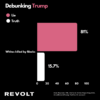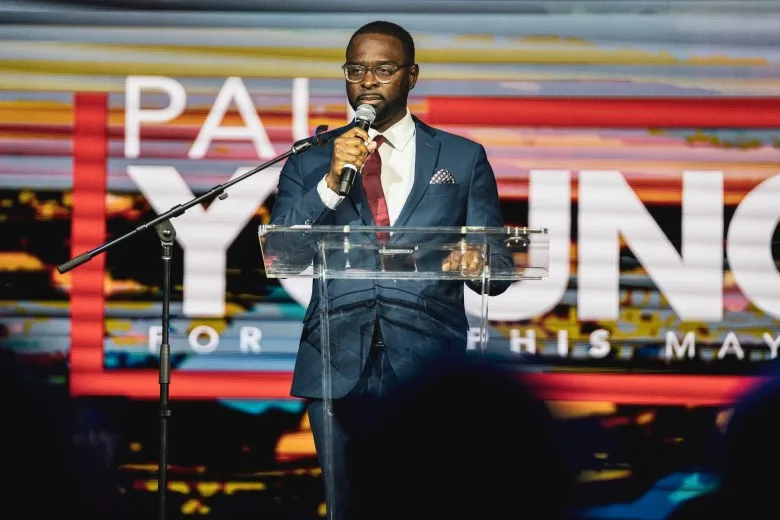
While economic conditions are improving, Memphis is one of the poorest large cities in America. And, with yesterday’s election, voters have chosen Paul Young to try to put the city on a new path.
While Young’s power to alter the city’s economy is limited — both by the extent of his power and the shifting winds of the global economy — he will have the opportunity to make a significant impact on the lives of many under-resourced Memphians. From policing and transit to economic development and homeless services, his decisions in city hall will reverberate through Memphis’ poorest neighborhoods.
Research shows that helping the most vulnerable among us helps everyone. So, we decided to ask 12 community leaders: “What should the new mayor do that would make material change for poor Memphians?”
Answers have been edited for clarity and brevity.
Shirley Bondon, executive director of the Black Clergy Collaborative of Memphis:
Invest in those communities that have not been invested in for decades, where there’s poverty but lots of potential.
Let’s improve housing — the quality of housing and the affordability of housing. Let’s address healthcare and the lack of healthcare that’s provided to the poor. Let’s address food insecurity. Let’s address opportunity for our youth; there are so few activities for them to be involved in that keep them away from the criminal justice system.
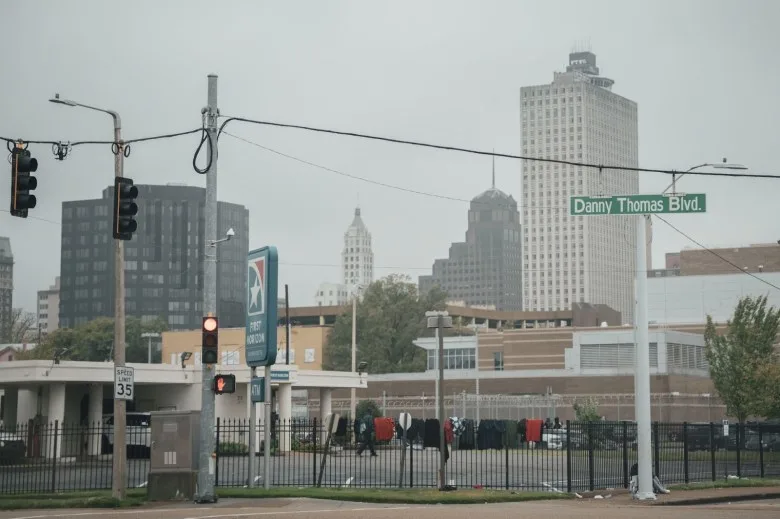
Kelcey Johnson, executive director of the Hospitality Hub, a nonprofit addressing homelessness:
The new mayor should continue to support women and children who are homeless or about to be homeless. We have to really be creative and dynamic to try to find a way to support women because, in this community, there’s not enough resources for them. You see women sleeping outside. You see women sleeping in cars. Women and children in this community have suffered for years.
Debbie Patterson, salon owner and founder of Cottonwood Park neighborhood watch:
Get the crime under control because of the enormous amount of crime that’s in poor communities, and also help people who are felons get back into the workforce. We need education and different types of programs to help people pull themselves up.
Also, get Memphis cleaner. Most of the trash and stuff is in poor neighborhoods. Work more with TDOT on getting the highways cleaned up.
Darrell Cobbins, owner of Universal Commercial Real Estate:
First and foremost, I think we need a mayor that champions Black business growth because when you think about poverty, it’s mainly Black folks. For our community to get to a point of thriving, we have to have more middle-income African Americans. Black businesses are going to employ Black people. Black businesses are going to invest in Black communities. In my adult life, I don’t think we’ve had a mayor who has truly championed Black businesses.
I think the mayor has to understand that they have a tremendous influence over the private sector, and local CEOs can be making a much more dedicated commitment to Black businesses. I don’t think Memphis can succeed if Black people continue to be on the outside looking in as far as economic opportunity.
Freddie Thomas, pastor of Christ Communion Temple in South Memphis:
No. 1 is the abatement of crime. It has to happen one way or another. The first thing the mayor needs to do is fire Chief Cerelyn “C.J.” Davis. We need a new chief of police in Memphis who will be vocally strong and who people in the city will not mind standing behind.
The other tremendously important thing is to partner with major business entities such as FedEx, UPS or Barnhart to provide more entry-level positions that don’t require a college degree.
Shaun Williams, office and warehouse manager, member of the Shelby County Democratic Party grassroots committee, retired veteran:
One of the biggest things that the Memphis mayor can do, he can try to build rapport with the city council, the county commissioner and the county mayor. … Nobody wants to come have that hard talk about what the county and the city needs. And I know the county has more than just Memphis in it, but if Memphis is doing good, the surrounding areas will be doing good as well. … And I have not seen our [former] mayor, Mayor Strickland and Shelby County Mayor Lee Harris, do that. I barely see them in the room together at all, to be honest.
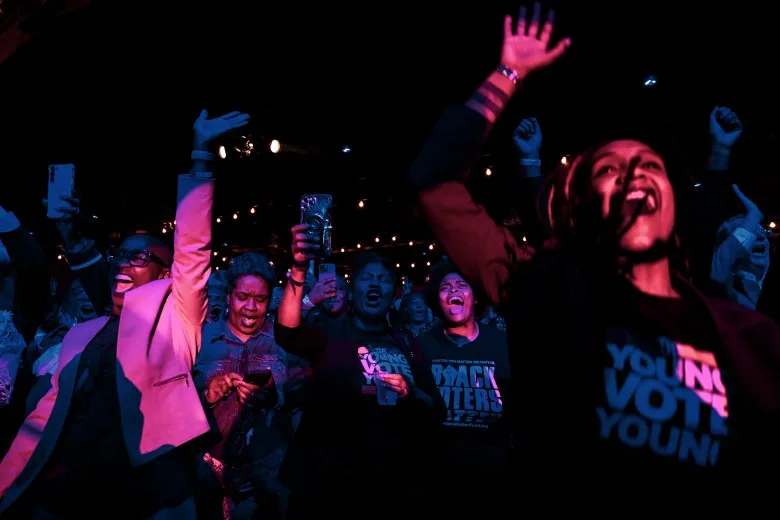
Tom Jones, principal, Smart City Consulting; blogs at smartcitymemphis.com
The new mayor should focus on closing the racial income gap. The median family income for white families in the region is roughly twice the median household income for African-American families. And it’s been that way for 50 years. To unleash more economic activity into Memphis and the region … it begins by someone in an executive role in city government saying, ‘This is the number one priority we have.’
Keedran Franklin, activist and entrepreneur:
I’d like to see the mayor put together some type of incentive packages. People might call it reparations….. I call it some incentivized packages for each neighborhood. One of the last conversations I had with [County Commissioner] Edmund Ford, and this was probably two budget seasons ago, was they had to take $3 million out of the budget just to put towards poor Memphis out of the hundreds of million dollars that Memphis gets for their budget.
The fact that 3 million goes towards 67% of the majority here, right? And over 47% of that 67% are living in poverty. … 38126, 38106, 38116, 38109, 38128, 38127, all these fucked-up neighborhoods. Put some money out there towards our folks to do what they need. We don’t need the city telling us what we need. We know what the hell we missing. It’s not for y’all to tell us. That’s the only thing I can say.
Josh Adams, field director, Memphis for All; steering committee, Black Lives Matter, Memphis chapter:
The new mayor should begin to champion a change in how we look at drug enforcement. Right now in the city of Memphis, Black people are seven times more likely to get a narcotics violation by MPD. While if you look at Shelby County Health Department data for suspected opioid overdose, white people are overdosing at about an equal percentage as Black people. And so if the city loved Black people, if the city really thought about caring for Black people, then … Black people would be seven times more likely to get your treatment, be seven times more likely to receive supportive housing. They’d be seven times more likely to receive therapy instead of being seven times more likely to receive narcotics violations.
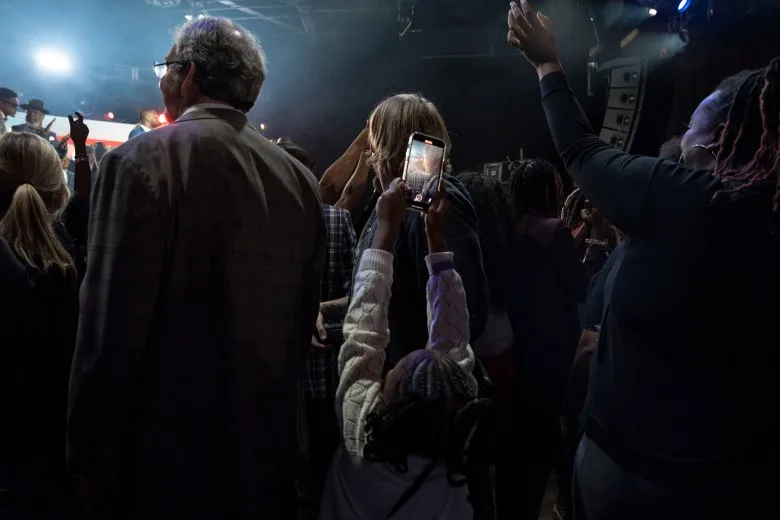
Danielle Huggins, English teacher, Winchester Elementary School:
We need to provide more resources for our students. And when I say our students, I most definitely would talk about our urban-demographic students and provide them with more resources. Because at the end of the day, true enough, yes, we offer tutoring. But what about the different community centers that we used to have back in the day, where children had this safe haven where [they could go] if they didn’t receive additional tutoring at school?
We most definitely need to bring back a safe space for our students.
Sandra Pita, operates a housecleaning service; board member of Memphis Interfaith Coalition for Action and Hope; former Deferred Action for Childhood Arrivals recipient from Mexico, granted resident status this year; mother of six:
I live in the Macon area, which we all know it’s a community of low-income people. And there’s a lot of struggles with the immigration community. First of all, it’s a barrier of language that makes it so hard to go into public buildings or get some help from the local government. …Going into a building and not seeing someone that looks like you is already intimidating, plus you add that they don’t speak the language, it feels more horrible. … When you go to pay your taxes [at the Shelby County Trustee’s office], it feels like going to a very scary part of the government, which it’s not. It’s just just paying your taxes. But because there’s no one that can direct you or just say, “Hola” or “Hello, can I help you or something?,” it’s just scary.
Cherisse Scott, founder, SisterReach:
I think that it’s going to be imperative that the new mayor have very intentional conversations with organizations like ours, nonprofits. … If there is a plan to get Memphis back to work, a plan to inform their first 100 days, it would be important that they hear from us folks who are on the ground working with communities, supporting and filling the gaps and doing a lot of the supplemental things that the city is unfortunately failing to address.
Sono Motoyama is the science writer for MLK50: Justice Through Journalism. Contact her at sono.motoyama@mlk50.com.
Jacob Steimer is a corps member with Report for America, a national service program that places journalists in local newsrooms. Email him at Jacob.Steimer@mlk50.com
This story is brought to you by MLK50: Justice Through Journalism, a nonprofit newsroom focused on poverty, power and policy in Memphis. Support independent journalism by making a tax-deductible donation today. MLK50 is also supported by these generous donors.


